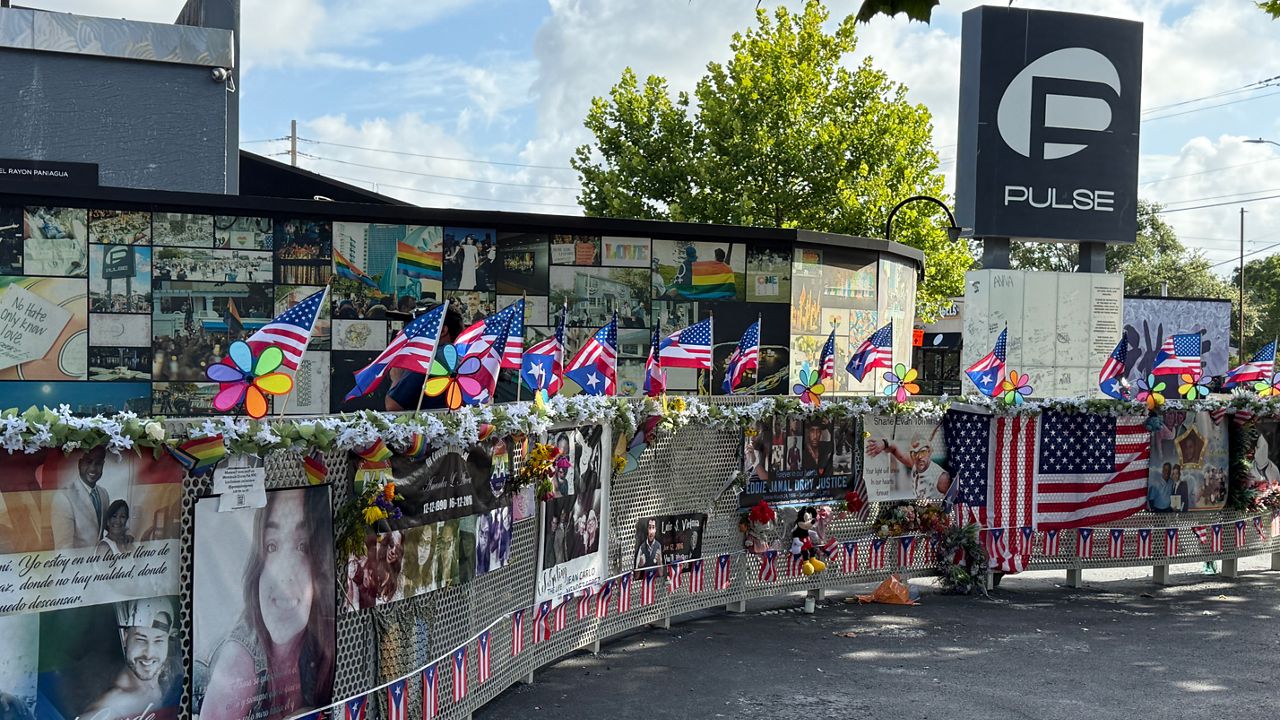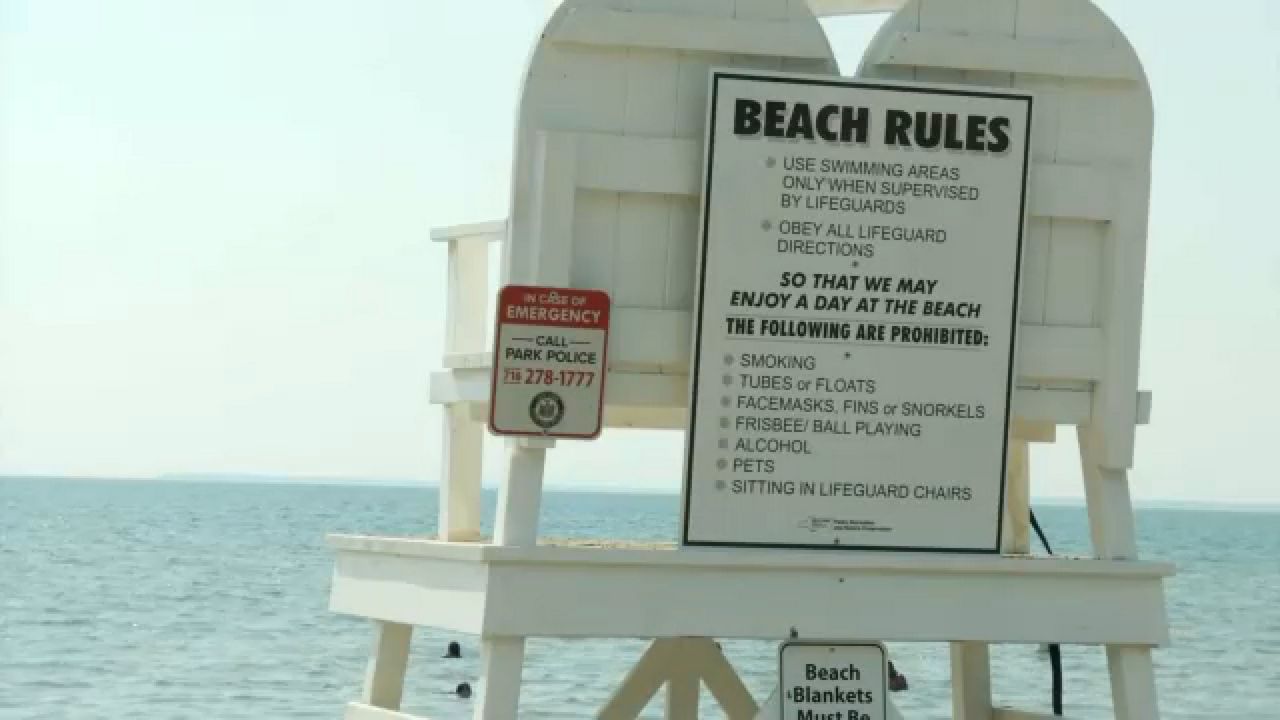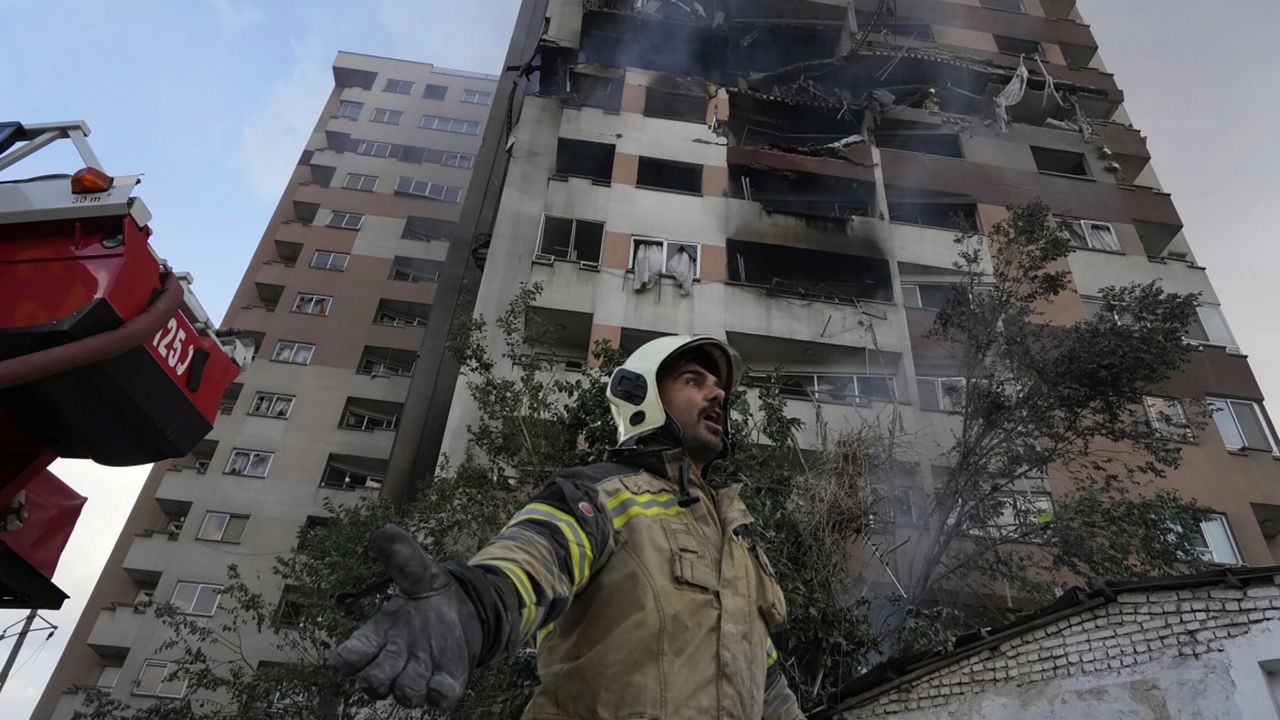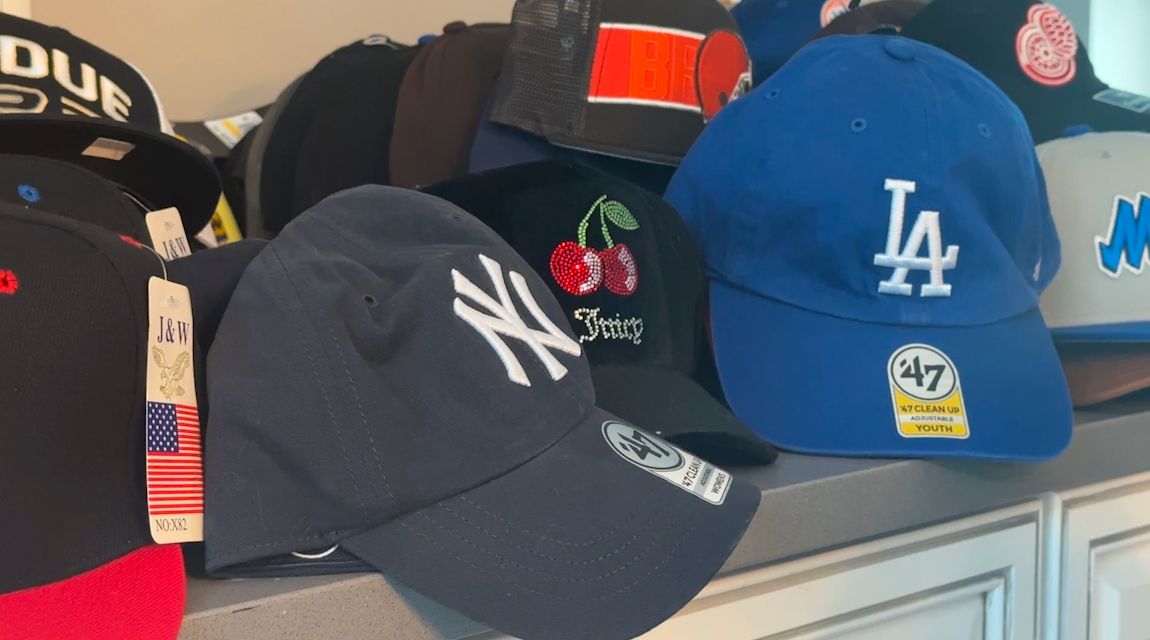ORLANDO, Fla. — With less than two days until the official start of hurricane season, Central Floridians are gearing up to protect their homes from potential damages.
But what happens if you rent your property? Or live in a mobile home?
One Orlando-based disaster services legal expert says it’s important that renters know their rights to avoid any legal storms down the line.
Paul Ferreira works in the Disaster Legal Services (DLS) unit at Community Legal Services.
He explains that renters’ rights depend on what kind of relationship they have with their landlords.
Anyone renting property where there is a lease agreement involved is covered by the Florida Residential Landlord/Tenant Act.
That being said, in the event of a hurricane, the landlord is responsible for maintenance and disaster-caused damages.
In this case, tenants are only responsible for tenant caused damages.
But rights vary for everybody.
Since mobile homeowners rent the land that their homes sit on, Ferreira says they are covered by the Florida Mobile Home Act, or Florida Statute 723.
Contrary to apartment renters, mobile homeowners are responsible for damages that may have been caused by a natural disaster including hurricanes, whereas landlords of mobile home parks are responsible for maintaining the land before and after a hurricane strikes.
Ferreira warns people that if a landlord’s property is prone to flooding, they are obligated to disclose that information to tenants beforehand.
He also reminds tenants of the rules, to avoid potential consequences down the line.
“Before you make repairs on your own, deduct money from your rent or not pay rent at all because the landlord is not responding to your requests to repair your home after a disaster; just know that the statute requires you to give the landlord written notice and at least 7 days to respond and fix that property. If you do conduct any self-help, you may jeopardize your rights against the landlord,” says Ferreira.
Community Legal Services says it offers no-cost legal services to Central Florida’s most vulnerable, or to anyone who cannot afford to pay for a private attorney.
That could include seniors, the homeless and victims of domestic violence.
If people have questions, they can go to LegalAccessForAll.org or call the hotline number at 800-405-1417.




)



